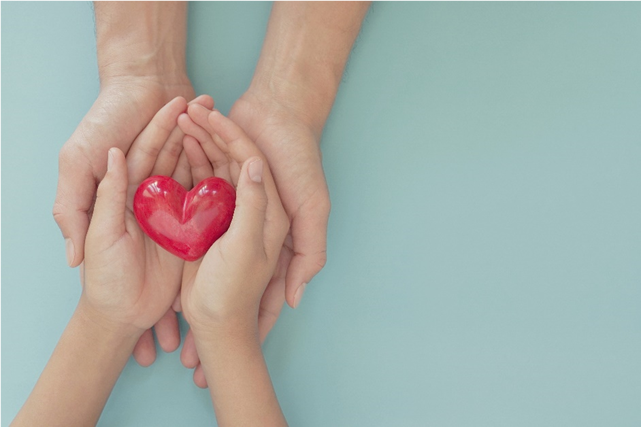Our speaker was Anne Duffield who recently completed a Mental Health First Aid course and shared her learning with our club members.

Among the important information that Joan shared:
- Mental health is a chemical imbalance in the brain—an illness like others.
- We all have highs and lows within a “window of tolerance” – people with mental health issues are unable to get back to the centre.
- Mental health issues include depression, addiction, mood disorders, anxiety disorder and panic attacks, suicidal ideation, psychoses.
- Every year, one in 4 people struggles with mental health issues. Across a lifetime, it’s 1 in 2.
- 30% of short and long-term disability is related to mental health issues
- 4000 Canadians die by suicide every year
- Mental health treatment is a puzzle that includes meds, counselling, support groups, life changes and more.
- People learn to manage their illness, much as someone with diabetes does.
- Some of Joan’s advice about how we can help:
- Language matters, think before you speak
- Talk about the elephant in the room, even if it’s uncomfortable—don’t sweep mental health under the carpet
- Pay attention if someone seems withdrawn- trust your instincts
- Keep the conversation low-key and non-judgmental, respect privacy
- Don’t give up – if someone doesn’t want to talk, try again later
- Ask if the person thinks counselling would help, and offer to go with them
- Look beyond the illness to the person
- In the case of an overdose or alcohol-related unconsciousness, call 911, roll the person on their side facing away from you and cover with a coat or blanket
- In the case of suicidal ideation, assess the risk and ask the person about the supports they have, listen non-judgmentally, and give reassurance and information about supportive resources to create hope
- Keep the helpline number handy - Toll-free: 1-866-531-2600